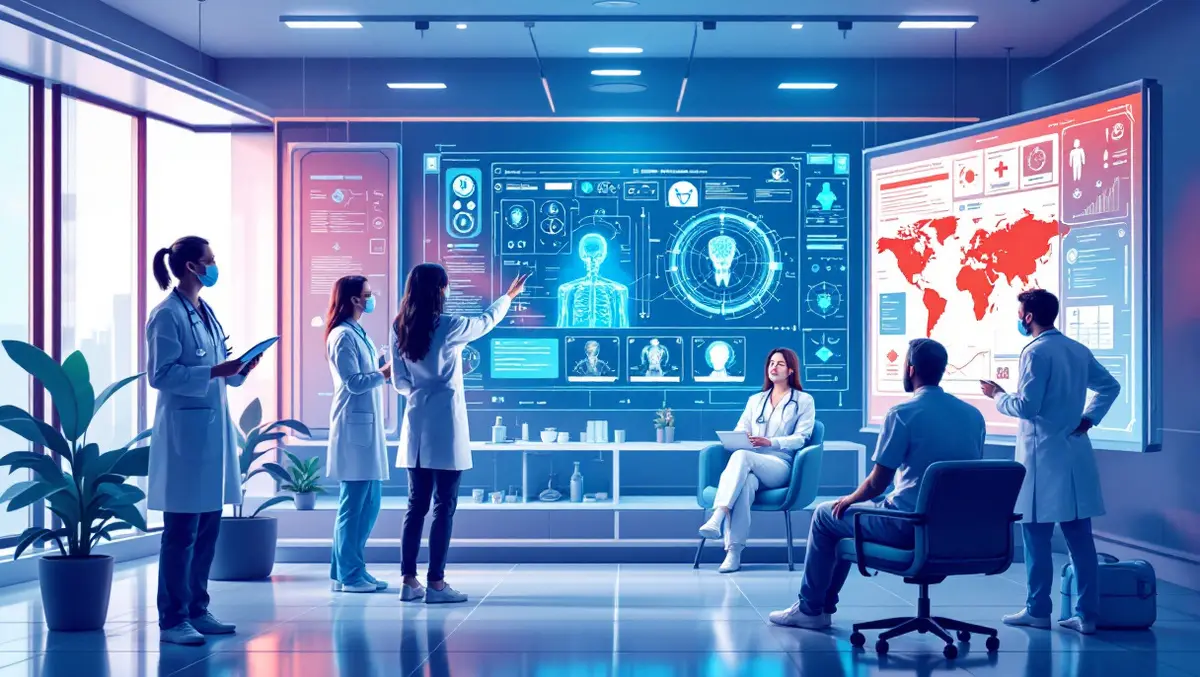
Hurdle invests USD $20m in AI diagnostics for 2025
Hurdle has announced extensive global partnerships and technological advancements for 2025, focusing on precision health and diagnostics.
The company has dedicated over USD $20 million in the past four years to developing an AI-enabled diagnostics platform to change the future landscape of biomarker discovery and diagnostics. This investment underscores Hurdle's dedication to innovating within precision medicine, utilising a platform that integrates multi-modal data, AI-powered insights, and software-driven automation. It aims to revolutionise diagnostic processes' speed, cost, and precision.
Hurdle has established new collaborations with prominent entities in the global life sciences sector to further precision health solutions. Among these collaborations is a partnership with Bayer AG, focusing on incorporating AI-powered biomarker discovery into cardiology research. Additionally, Hurdle is working with Eurofins Genomics to apply omics technologies across various sectors and with Genomics PLC to advance blood testing and polygenic risk scoring.
The company is actively moving forward with plans to launch new AI-driven analytics and expand its diagnostic infrastructure. This expansion aims to provide a broader audience with more accessible and actionable health insights.
Tom Stubbs, Chief Executive Officer of Hurdle, commented, "As Hurdle continues to grow, we remain dedicated to advancing our cutting-edge platform and forging groundbreaking partnerships. This commitment is central to our mission of driving precision healthcare forward, equipping our clients with increasingly sophisticated tools for health assessment."
Hurdle's strategy for 2025 includes enhancing platform functionality and advancing the next generation of health solutions. The company is committed to simplifying complex processes and standardising infrastructure to ensure that new diagnostics reach patients more swiftly and effectively, advancing precision medicine on a larger scale.


